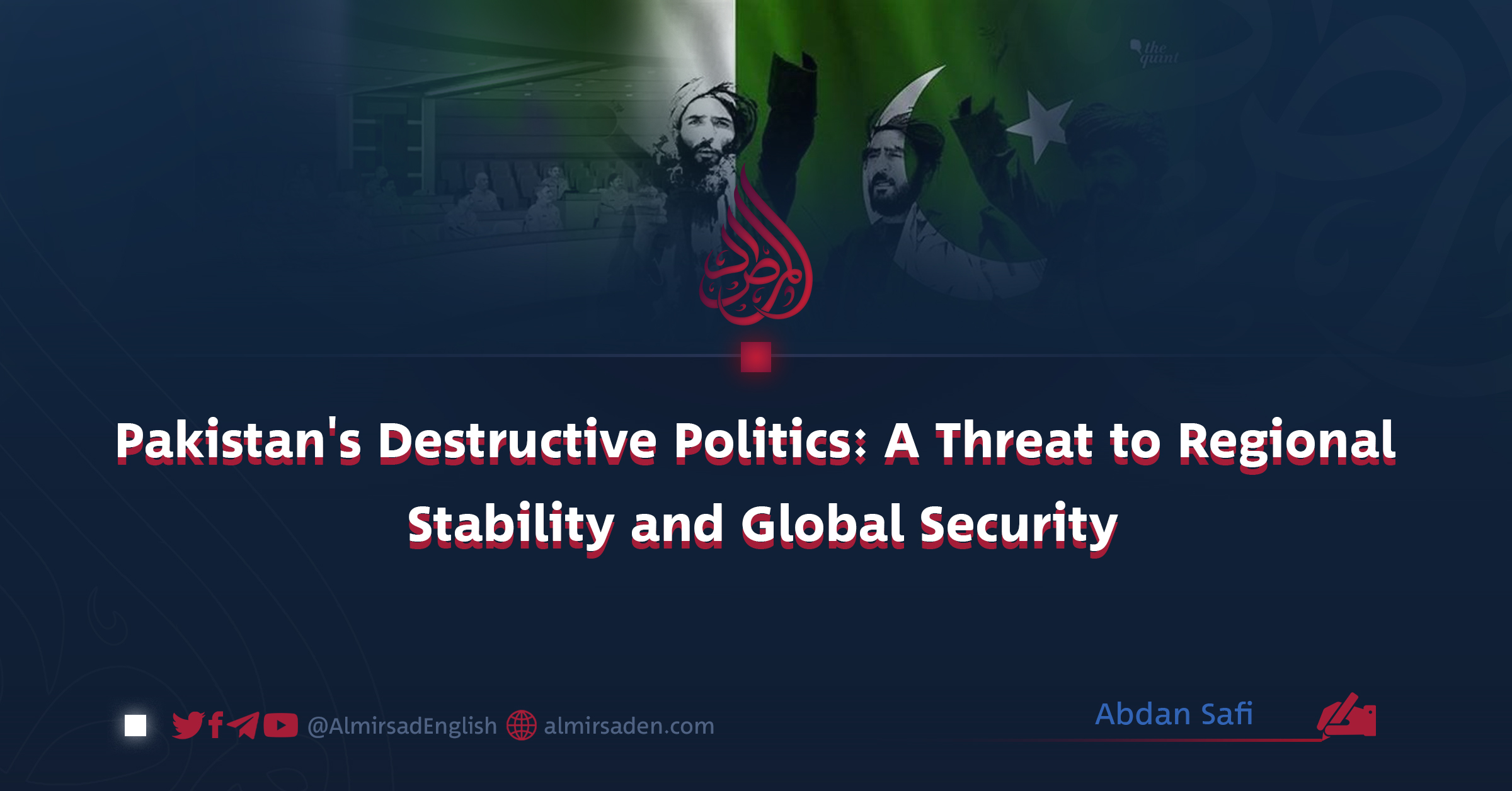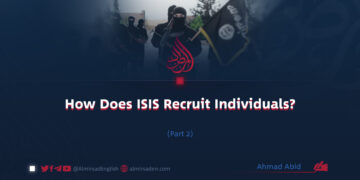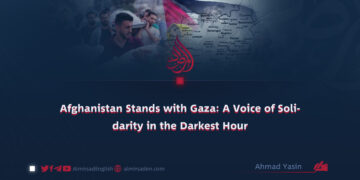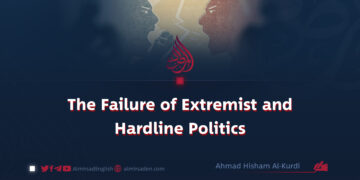Author: Abdan Safi
Recently, a fatal car bomb attack in Karachi, Pakistan’s largest city, resulted in the loss of lives of multiple Pakistani soldiers and left numerous others injured, including Chinese nationals. This incident further highlights the seriousness of Pakistan’s deteriorating security situation and raises questions about the claims of security agencies regarding maintaining peace. The attack has raised serious concerns about the government’s security measures.
Pakistan is one of the nations that perceive intervention in the internal affairs of other countries, especially its neighbors, as a prerogative. This interference is not limited to dialogues or discussions; Pakistan, as a nation, sponsors proxy factions that it deploys against other countries to further its malevolent political objectives when required.
There are numerous instances and compelling evidence of Pakistan’s interference and destabilizing activities. An examination of recent events alone suffices to demonstrate the peril that Pakistan poses to the world and its neighboring countries.
Pakistan has consistently aligned itself with terrorism and corruption. Wherever a destructive event occurs in the world, Pakistan’s involvement and direct role are as clear as daylight.
Over the past few years, numerous assaults have transpired in countries such as Russia, Afghanistan, and Iran, with several of them having direct links to Pakistani entities. These attacks were orchestrated by Pakistan through its proxy faction “ISIS-Khorasan,” whose leadership and operatives are situated in Pakistan’s Balochistan region, functioning under the tutelage of Pakistani establishments.
The recent attacks in neighboring countries are Pakistan’s attempt to assert its importance in the region and to seek new financial support due to its worsening internal situation. In pursuit of this assistance, Pakistan has even orchestrated attacks targeting Chinese nationals, despite sharing a bond of friendship with China. Nevertheless, Pakistan shifted the blame onto Afghanistan for these assaults to position itself as a victim.
For instance, in March this year, a car bomb attack targeted Chinese engineers in Pakistan’s Shangla district. However, the blame was shifted onto Afghanistan. This accusation was so absurd that even within Pakistan, it raised questions, creating an embarrassing situation for state institutions.
According to Pakistan’s claims, the attack was orchestrated in Afghanistan, and the car, filled with explosives traveled thousands of kilometers from the Chaman border, passing through hundreds of security checkpoints to reach Shangla, where the car remained at a petrol station for five days. Yet, Pakistani authorities were completely unaware?
The Shangla attack raises significant questions about Pakistan’s security operations. But the bigger question is, if the car bomb in Shangla came from Afghanistan, how did the attack on the Chinese convoy in Karachi happen last night? Did another car filled with explosives also cross the Chaman border for this attack?
Pakistan, which operates on policies of lies, deception, and trickery, must answer these questions. Can the Pakistani authorities explain the attacks on secure centers in Swabi and Mohmand, which would have been impossible without internal assistance from state elements?
Instead of blaming others, Pakistan should search for the culprits within its own borders. Due to its policies built on lies, deceit, and oppression, people now despise Pakistan, and this hatred is manifesting in the form of attacks.
All the oppressed ethnic groups in Pakistan have risen to claim the rights that Pakistan has forcibly denied them. Pakistan now finds itself confused, resorting to blaming others. As the famous Urdu poet Rahat Indori once said:
“لگے گی آگ تو آئیں گے گھر کئی زد میں
یہاں پہ صرف ہمارا مکان تھوڑی ہے”
“If a fire kindles here, many other houses will suffer; for it is not confined to our dwelling alone.”
The fire that Pakistan has ignited has now reached its own home, but it neither has the energy nor the capability to extinguish it.



















































